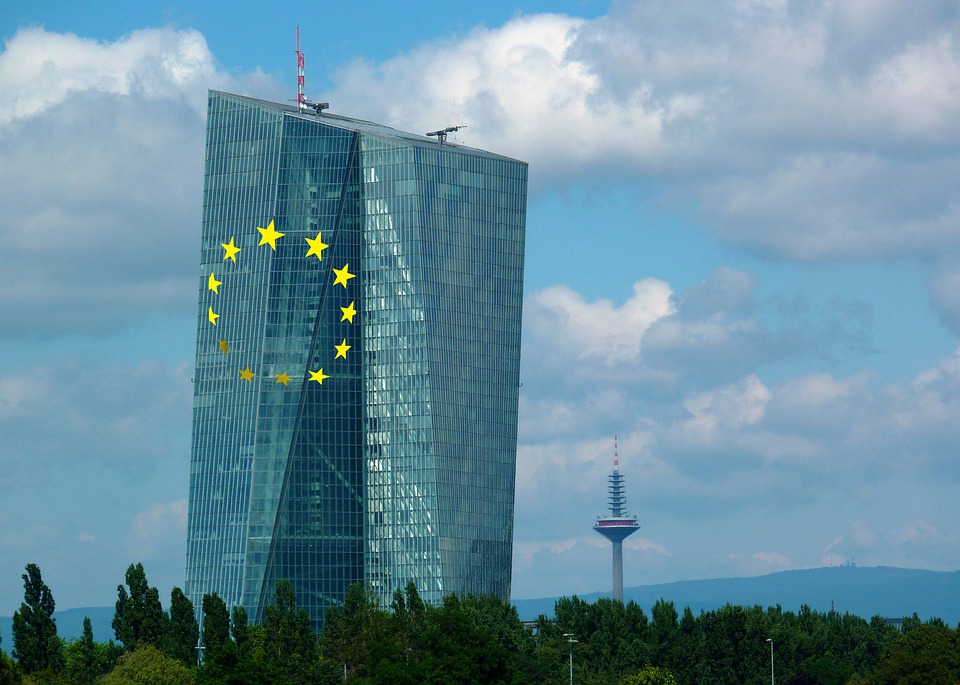It is also proposed to levy a tax of 0.1% on transactions with shares and bonds.
Eurozone finance ministers will meet in Brussels next week and may discuss the tax on financial transactions on the sidelines.
The European Commission proposed the tax in 2011, so that the industry made a "fair contribution", after money from taxpayers saved banks in the crisis.
Initial assessments of the European Commission assumed that the annual tax revenues to the EU budget would amount to about € 57 billion. The initiative provoked social and political discussions. First of all, it is about the likelihood that the financial sector will move its business outside the EU, to countries that do not levy such a tax.
Some European countries opposed introduction of the collection. Austria, Belgium, France, Germany, Greece, Italy, Portugal, Slovakia, Slovenia and Spain are still negotiating the tax.
The tax is planned to be introduced with respect to transactions with financial instruments, in which at least one financial organization that is located in the EU participates.
The tax may also be levied in the UK after Brexit. Negotiations on the tax on financial transactions were suspended in September 2017, so that experts could work out possible consequences of Britain's withdrawal from the bloc.
In the case of a hard Brexit, if the UK leaves the EU without a trade deal and transitional arrangements, 10 countries that intend to impose a tax may face a "more difficult problem" in collecting it.
source: reuters.com
Eurozone finance ministers will meet in Brussels next week and may discuss the tax on financial transactions on the sidelines.
The European Commission proposed the tax in 2011, so that the industry made a "fair contribution", after money from taxpayers saved banks in the crisis.
Initial assessments of the European Commission assumed that the annual tax revenues to the EU budget would amount to about € 57 billion. The initiative provoked social and political discussions. First of all, it is about the likelihood that the financial sector will move its business outside the EU, to countries that do not levy such a tax.
Some European countries opposed introduction of the collection. Austria, Belgium, France, Germany, Greece, Italy, Portugal, Slovakia, Slovenia and Spain are still negotiating the tax.
The tax is planned to be introduced with respect to transactions with financial instruments, in which at least one financial organization that is located in the EU participates.
The tax may also be levied in the UK after Brexit. Negotiations on the tax on financial transactions were suspended in September 2017, so that experts could work out possible consequences of Britain's withdrawal from the bloc.
In the case of a hard Brexit, if the UK leaves the EU without a trade deal and transitional arrangements, 10 countries that intend to impose a tax may face a "more difficult problem" in collecting it.
source: reuters.com





